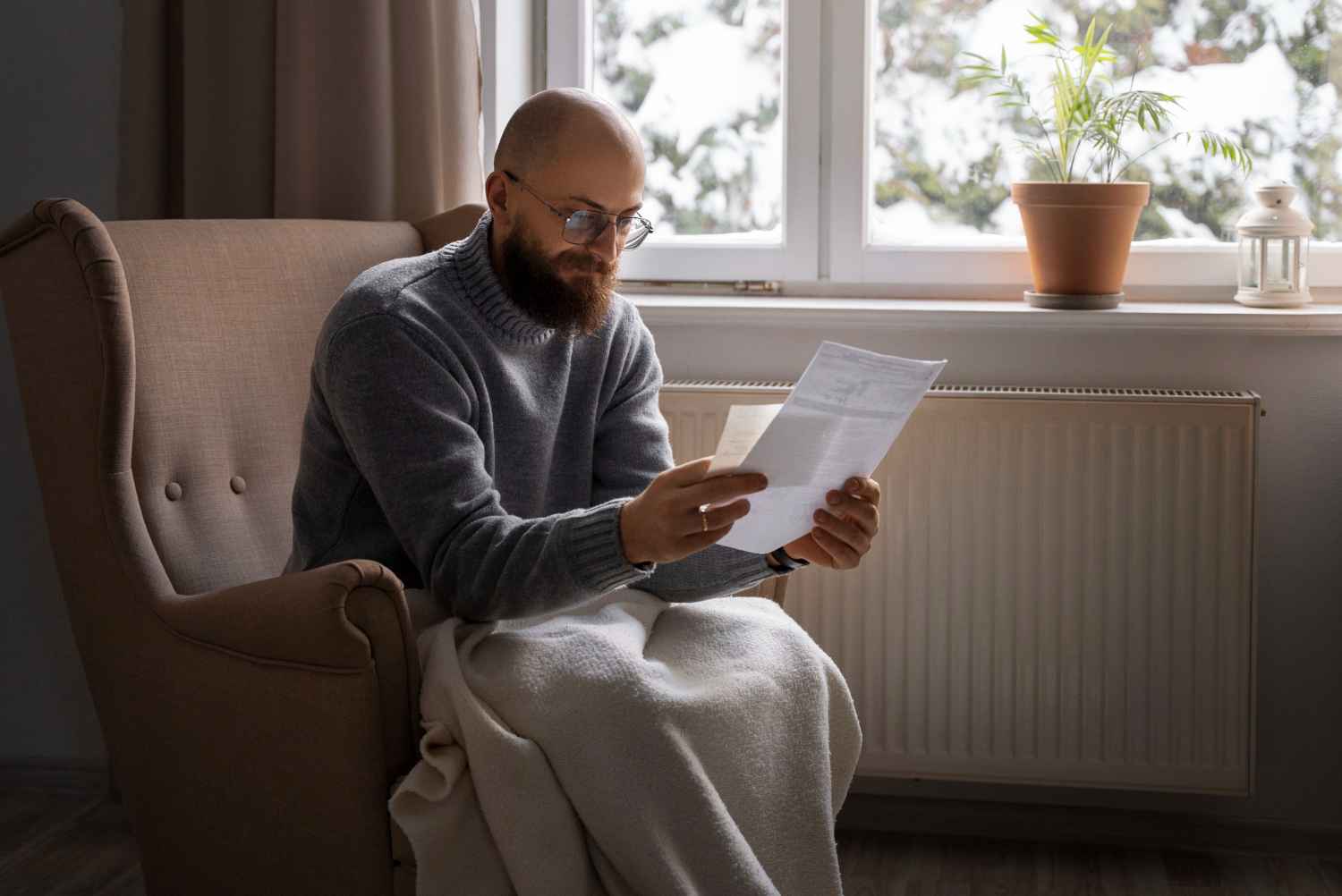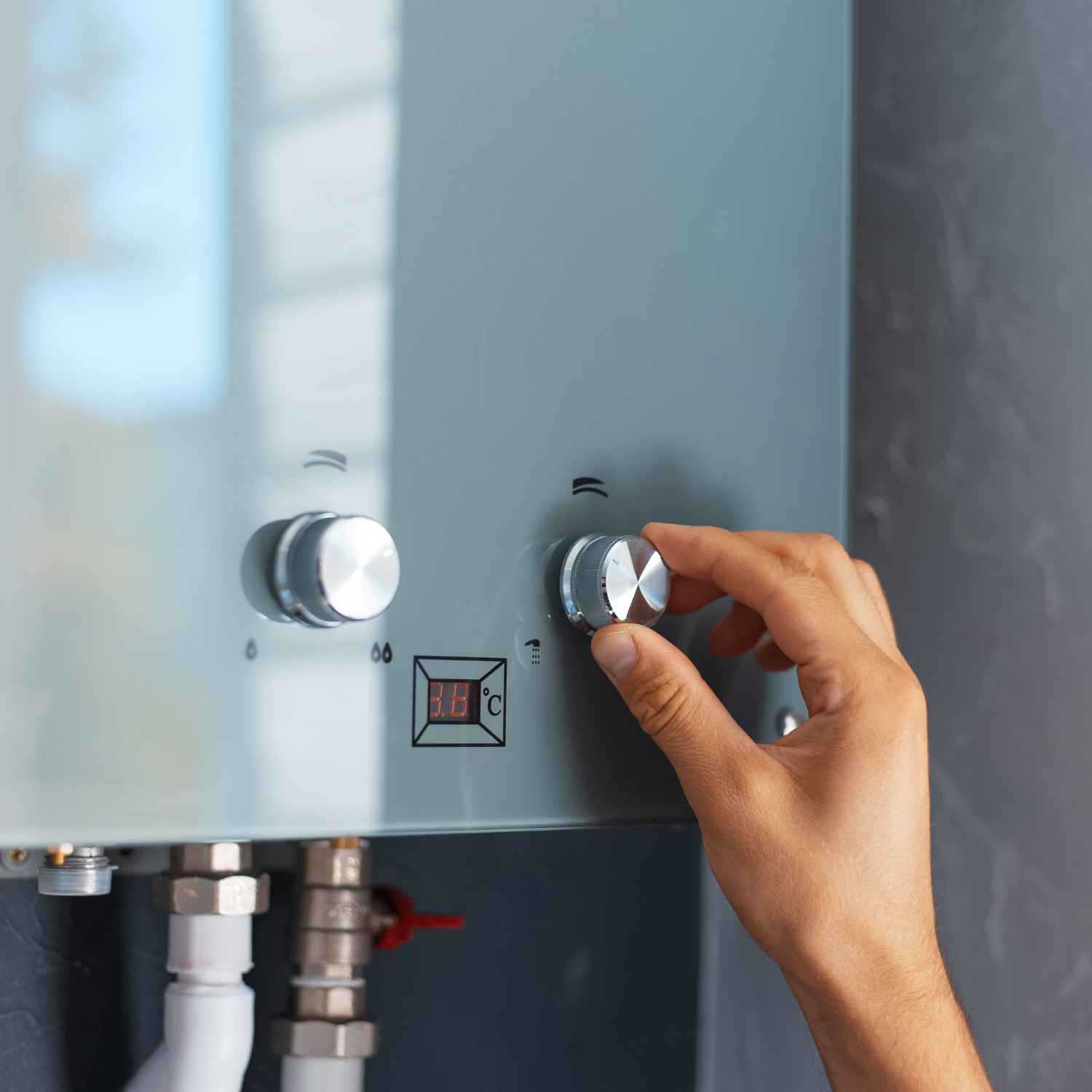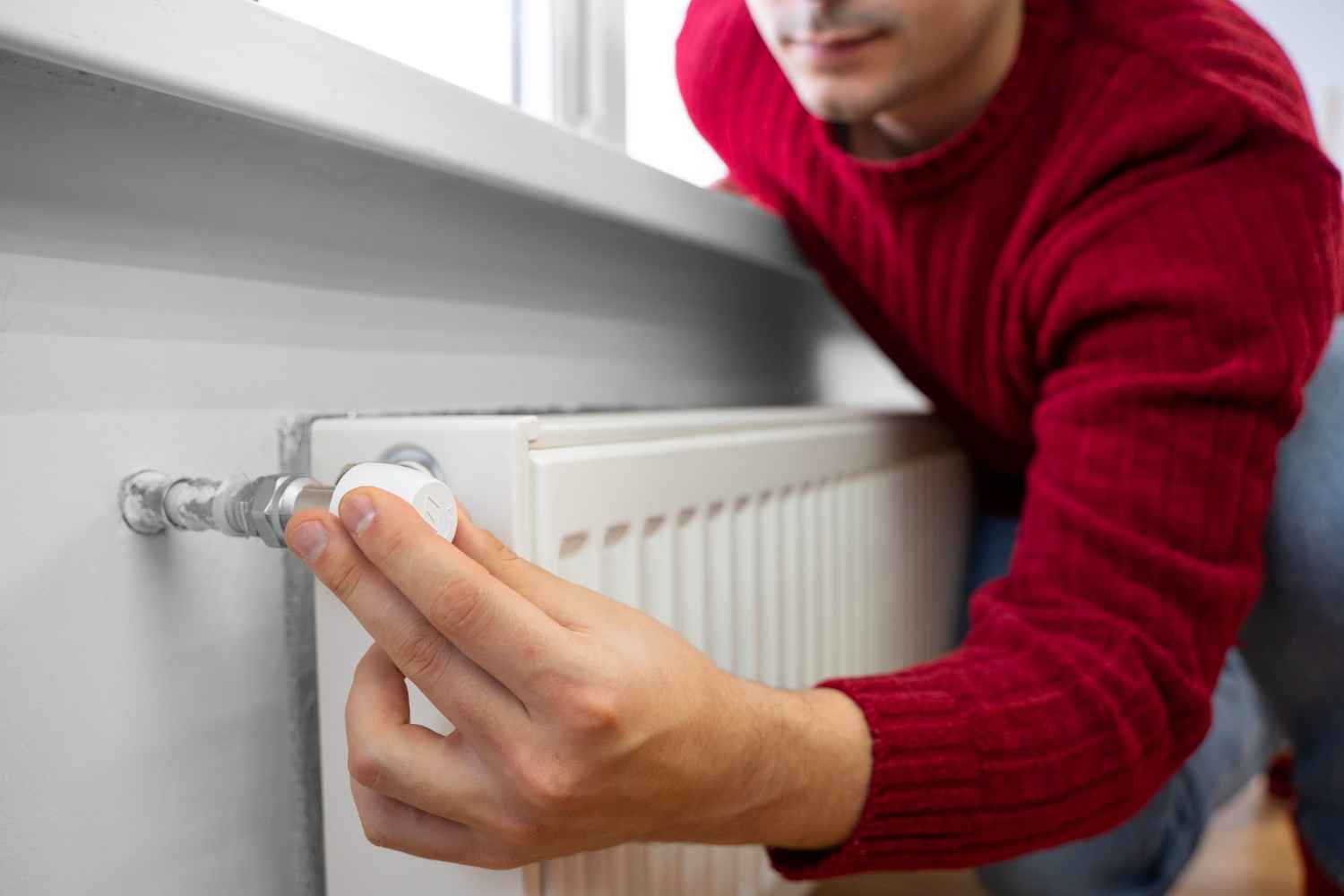8 Tips on Finding a Trustworthy Plumber
Table of Contents

Winter comes with its own cost, which is high energy and heating bills. The increase in average energy bill per house has also tended users towards utilising cost-effective methods to reduce energy bills. It is estimated that around 80% of yearly energy consumption in the average UK home goes toward water and heating space. In another statistical data by Energy consultancy Cornwall Insight, the average energy bill per household has increased by £1,000 in two years. Both statistics validate that rising energy and heating bills in the UK are a concern that needs to be moderated.
Why are the Energy Bills Increasing?
The increased number of appliances used nowadays is also one reason for high energy bills. According to the Energy Consumption in the UK (ECUK) report, there were around four appliances per household in 1990. But now average home with four individuals has 13 appliances. Although the gadgets are more energy efficient compared to the 90’s, the combined energy consumption is still through the roof. In this blog, we will discuss in detail how to reduce your energy consumption and the load on your wallet.
How Can You Save on Your Energy Bills?
Adjust the Settings of Your Central Heating
There are various misconceptions regarding central heating systems, such as always keeping it at a low temperature can decrease energy consumption, which is untrue. Energy Saving Trust revealed that it is not cheaper to keep your central heating at a low temperature all the time. So, using central heating when needed is the most viable way to reduce energy consumption.
Although central heating comes with the thermostat, using it without a thermostat will require manually turning on and off the central heating. It can also play a vital role as the controls are in your hands and can be used according to your needs. On the other hand, it could also waste energy in case of forgetting to turn it off while going to bed or outside the house.
Install Efficeint Boiler
The boiler is considered the second most used gadget in the winter season. If you have an old boiler, around 10 to 15 years old, you may get a large sum of energy bills. The typical boiler uses an average of 100-200 watts of power daily, depending on the weather conditions and usage. It will be best to consider changing your boiler to its new variant, which can be more efficient in energy consumption and decrease energy bills.
Another good news regarding boilers is the discounted price or even a chance of getting a free new boiler. The Energy Company Obligation (ECO) scheme, which the UK’s government launched, made it mandatory for energy companies to facilitate low-income households with discounted or free boilers. Phase 4 of this scheme is available until March 31, 2026, and is the first step towards the effort that the UK government is making in low-carbon heating systems.


Optimise Your Thermostat Settings
The thermostat can also help reduce energy bills, acting as an intermediary between the boiler and internal home temperature. If your thermostat is old, there could be a communication delay with the boiler by around 3-5°C. It means that the boiler will need to stay running in order to reach the set temperature. By using the smart thermostat, you can significantly reduce your energy bills.
Another way to save money is to turn down your thermostat a degree or two. It is also validated through various surveys and studies. According to the team of Money Saving Expert, a reduction of one degree in thermostat temperature can potentially save around £100 annually. They also mentioned that the World Health Organization (WHO) considers 18°C an appropriate temperature for adults and may be slightly higher for infants and older people.
Manage Your Standby Appliances
Standby devices or so-called vampire devices are also among the reasons for huge bills. The energy consumed by these devices is also called phantom load. The phantom load is divided into three general categories.
- The first includes devices in daily use, such as TVs, chargers, PCs, game consoles, electric kettles, and coffee machines.
- The second includes devices whose power consumption is usually unknown to ordinary users, such as electric underfloor heating, electric tower rails, and halogen spotlights.
- The third category includes devices whose running state can be easily forgettable, such as extra fridges, microwaves, old computers, and set-top boxes.
It is estimated that around £309 is wasted annually by an average household in the UK on phantom load. So, understanding the knowledge and consumption of phantom loads can significantly decrease energy bills.
Keeping the Heat Inside
Another common way to keep your energy and heating bills under control is finding ways to keep the heating inside the house. Some of the approaches that you could take include
- Closing the curtains as the sun goes down. It is good to keep the curtains up during daylight as heat from the sun can be helpful for in-house temperature, but it is wise to close the curtains soon after dusk.
- Securing the cracks and holes in the house can also help keep the temperature inside. Some of the most common gaps are keyholes, unused chimneys, openings under the door, and cracks in floorboards.
- The use of insulation in crawl spaces can also play a vital role in keeping the temperature inside the house.
